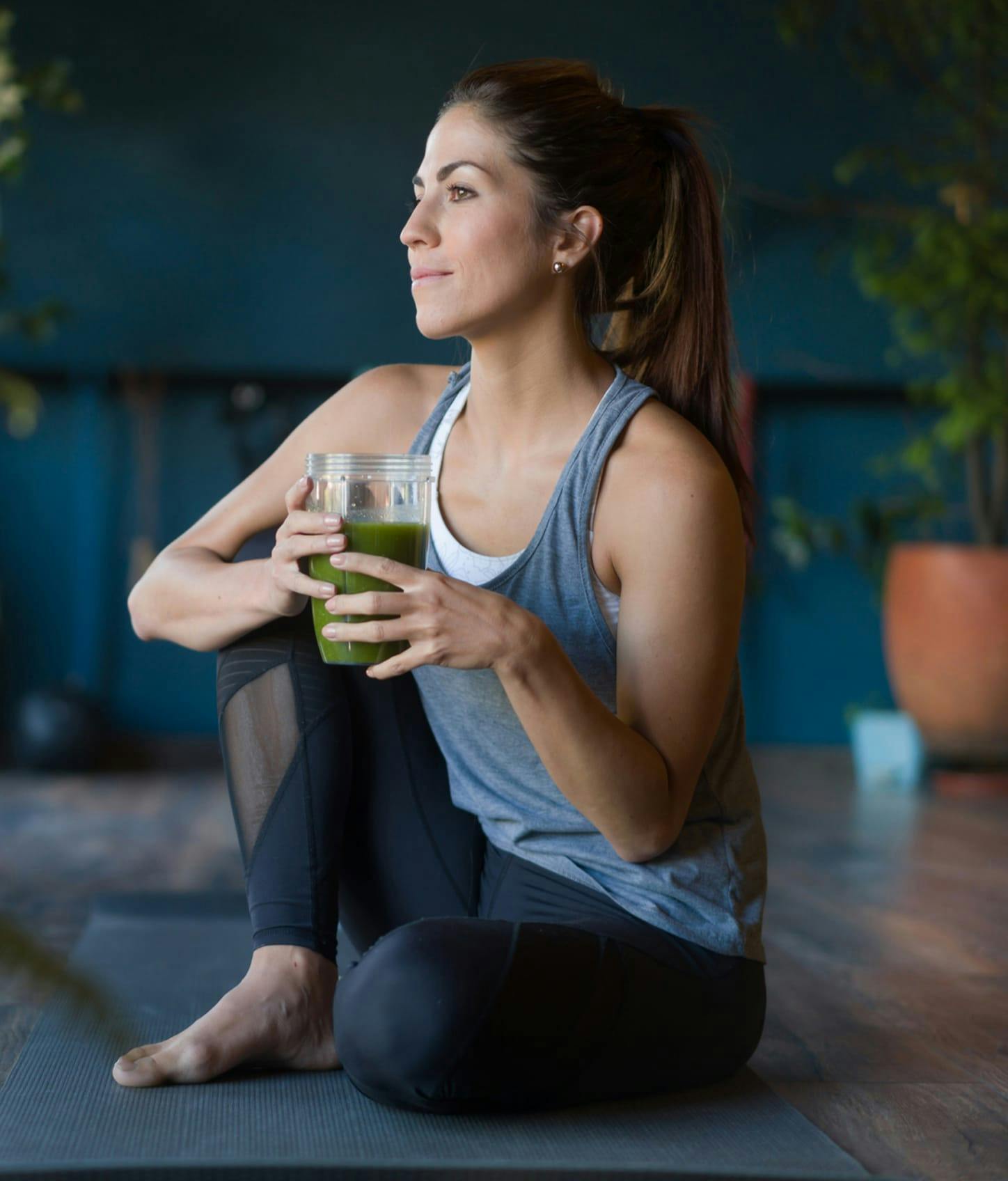Nutrition can significantly impact your experience after cosmetic surgery. Eating the right foods can accelerate your healing and help prevent complications, inflammation, and discomfort. Following a healthy diet can also help increase the longevity of your body contouring results and ensure you stay fit and fabulous for the long term.
Dealing With Constipation
Top on your list of changes to make in order to support your recovery is to drink plenty of water. Dehydration is common after any procedure and staying hydrated can help ward off fatigue, constipation, and other serious medical issues.
Prescription pain medications, especially opioids, can lead to decreased bowel movements and discomfort. Constipation can actually reduce your appetite, depriving you of the nutrients and energy you need to recover. It can also place stress on your incisions, putting pressure on the sutures.
The foods most likely to cause constipation include red meat, processed foods like chips, candy, sweets, and fast food, and cheese and dairy products. Including enough fiber in your diet is a must after surgery as it can significantly combat constipation. High-fiber choices include whole-grain bread, oatmeal, other whole grains, and fruits and vegetables.







